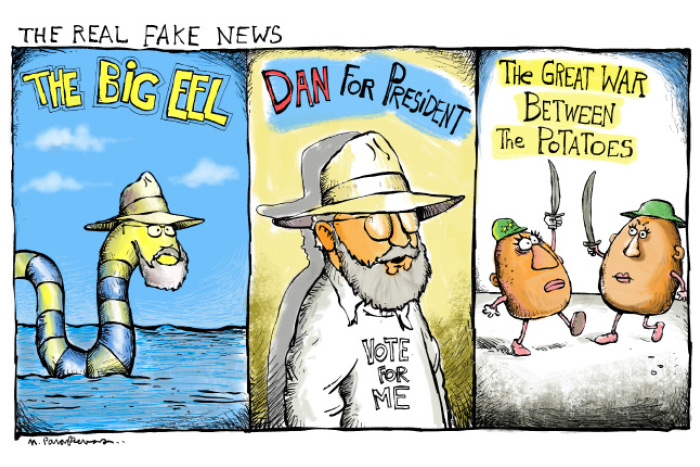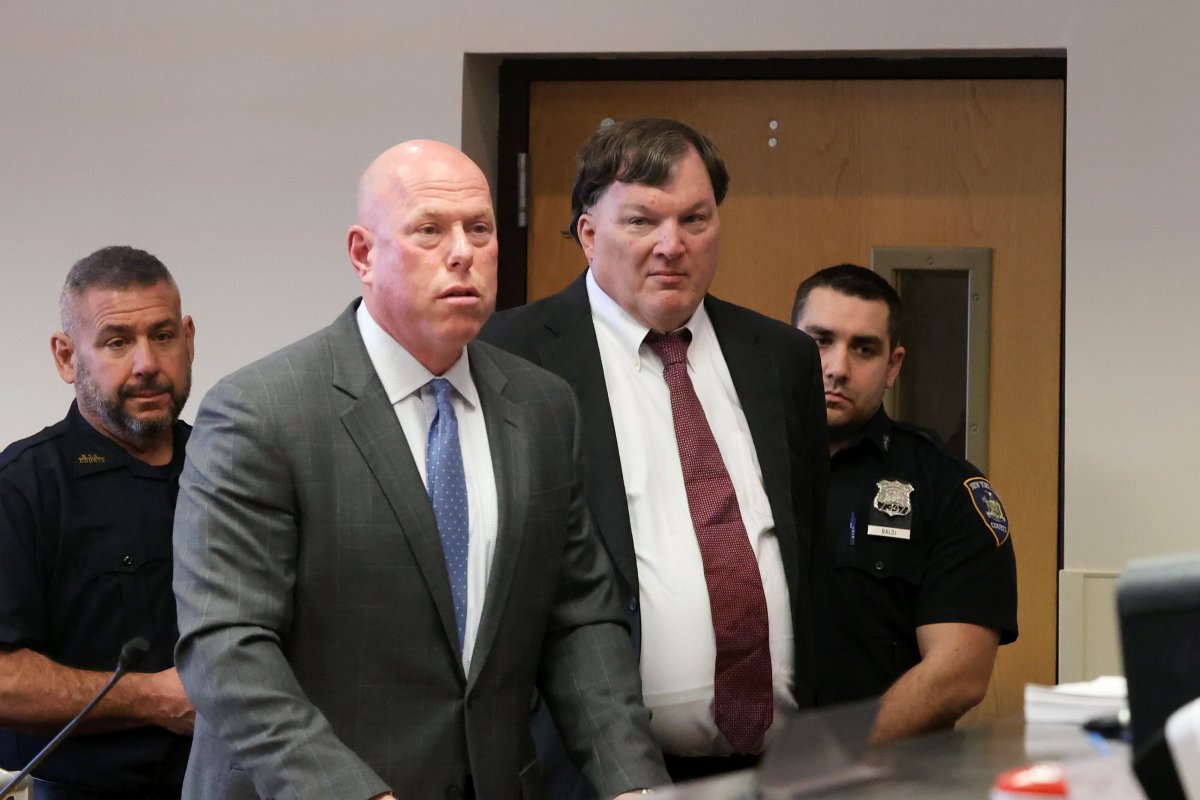Out of Control: Online Portals Must Abide by Media Rules to Stop This

The revelations in recent days about the specific ways the Russians have gone on the internet to influence our presidential election is shocking. But the emphasis on blaming the messenger for it—Facebook, Twitter, Google—is misguided. These, and other businesses like them, have always considered themselves, from the beginning, only as platforms. And nobody told them different.
Until now, anyway, they have taken the position that, although someone shouldn’t be allowed to shout fire in a crowded theater, if someone does, you shouldn’t blame the theater owner. You arrest the shouter for inciting the riot. Under the same logic, you can’t blame the post office for delivering a letter that might contain an anonymous death threat. Find out who made the death threat. Punish them. That’s not the post office’s job.
But Facebook, Google, Twitter and others are no longer just terrific ways to share information and keep people in touch. They have also become purveyors of news, information and entertainment—a great media force of biblical proportions that is not, but should be, their problem to deal with. But we’ve never given them guidelines.
For other media, there are rules and regulations, groups, organizations and associations that monitor what those media do. There are consequences when certain lines are crossed. You are not free to write or say horribly inaccurate things about others when millions of people are watching, reading or listening. You cannot incite a riot. You can’t show behavior that goes beyond certain bounds (child pornography is an example). You get arrested, sued or both.
You have to be responsible when you are a member of the media.
As a member of a responsible medium there are things I cannot do.
I cannot declare as fact something I know not to be true. I can be sued for libel. I will be fired. I will never get a job in the media again.
I can state what I believe to be facts or what is rumored to be facts, provided I indicate within the piece that this is what it is.
I can state an opinion. But I must present it as such.
I cannot print or show doctored footage or articles while insisting they are real.
I cannot publish fake news such as attributing a “fact” to an authority that is either not an authority or is in fact someone I made up.
I can publish a hoax but it must be so outrageous that any normal person would see it was just meant to entertain. The Onion can do that. Saturday Night Live can do that. I can do that. Any medium can do that.
I cannot commit a crime. I cannot urge others to commit a crime.
I cannot learn of someone who has committed a crime and withhold evidence from the authorities that they might need for the prosecution of a case. (There are First Amendment “Sunshine” Laws, but they don’t stay in force forever.)
There are no licenses required to be in the media, and there shouldn’t be. But people in the media are held to a higher standard anyway. There are organizations that give out awards for good work—Pulitzers, Peabody Awards and so forth. And there are organizations you can join to pledge to certain standards. There are none of any consequence yet for the work on the internet portals.
At the end of this article, I will suggest what rules or higher standards should apply for those who use the internet as a medium. The rules for one kind of medium are not always the same as the rules for another. It’s complicated. It’s a matter for discussion. But it is now the time for our leaders to have that discussion and to provide the guidance of what is allowed or not allowed. And it has to come soon.
Here are examples of horror shows and the people who currently create them without consequences. They should be prevented. I think we can tell the difference between free speech and crying fire in a crowded theater.
People who use “comments” to send wolf packs of hate mail so vicious, inaccurate, threatening and foul-mouthed to anyone they choose while hiding behind an unknown user name.
People using the internet who are sex predators looking to prey upon children.
People using the internet who work as hackers and break into websites to hold valuables hostage for ransom, turn vulnerable regular people to violence, steal money and interfere with the political processes of democracies.
People using the internet who destroy internet infrastructure for the purpose of revenge, patriotic advantage and simple chaos.
People using the internet who make up facts out of thin air and broadcast them as true and present them as believable.
Companies that are fake who use the internet to defraud and ruin others.
People who use the internet to confuse and steal from the elderly.
People who offer up child pornography on the internet.
People who use the internet to show how to make bombs and poison gas.
People who use the internet to show disgusting things that are beyond the bounds of decency.
People who use the internet to brainwash others into committing murder in the name of some religion.
People who steal other people’s information.
I’ll take a crack at what ought to be done. (I might add that all these things are either prohibited or punished in all other media outlets I know.)
People who violate these rules and who want to continue to post things anonymously or with a fake user name should be required to provide their real names and contact information to the media portal, which can be released to the general public upon request.
People who violate these rules should be turned over to the authorities for possible prosecution.
People who violate these rules repeatedly should be prevented from using the internet. And people who violate these rules should be put on a list available to anyone who wishes to see it.
We have parental controls. We need to have neighbor controls. There should be a control in place on every computer that, when turned on, can prevent the use of a particular computer to accept information or put out any information that violates this series of behavior that violates human decency.
I am a journalist living in a country in which I feel free to write what I want. And yet there are restraints. They relate to the 10 Commandments and right and wrong. All should be taken up by this new way of communicating.
If we don’t put rules into place, I would be in favor of, when the next time comes that the internet gets shut down from an attack, we leave it shut down.
We got along without it before we had it and we can get along without it now.



